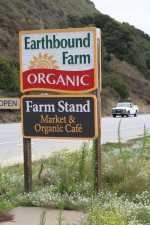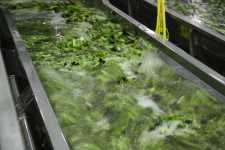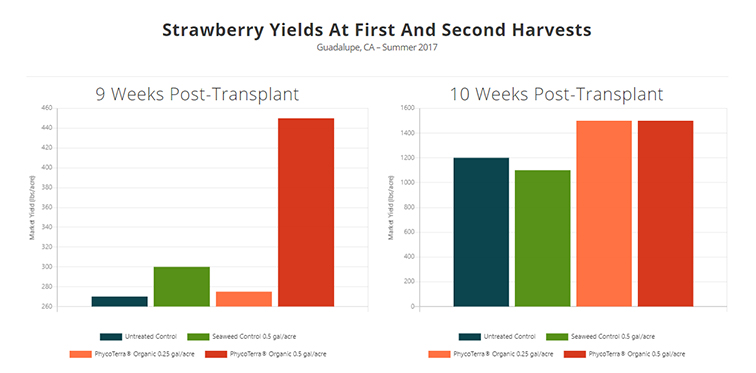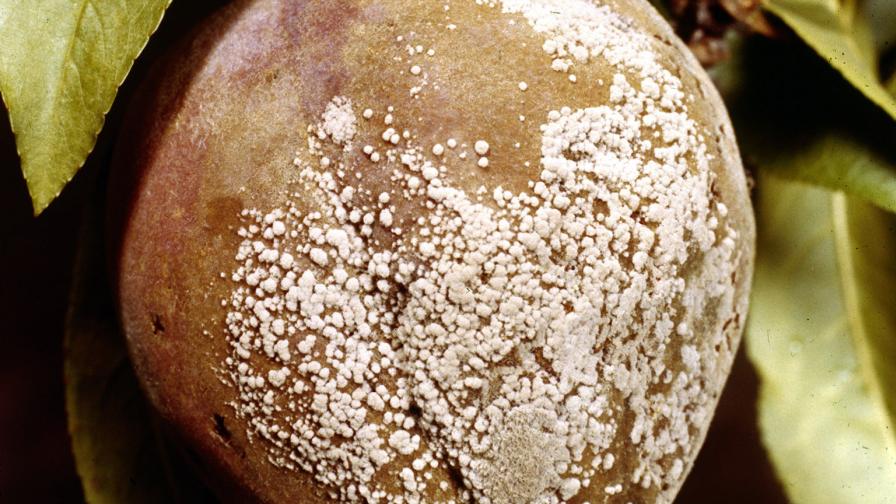Washing Away Lettuce Pathogens

Besides the traditional chlorine wash, produce companies have for years sought a better way to clean lettuces and other assorted mixed greens. The search was intensified by the 2006 E. coli outbreak linked to bagged spinach from the central coast of California, in which five people eventually died.
All sorts of methods have been tried, but recently, one of the behemoths in the industry, Earthbound Farm of San Juan Bautista, CA, is looking into a truly novel approach. The organic company is teaming up with the Institute for Food Safety and Health at the Illinois Institute of Technology to study the use of high-powered ultrasound.
When applied to leafy greens, high-powered ultrasound creates millions of tiny bubbles on the leaf’s surface. As they burst at a rate of a thousand times a second, they provide high-energy shock waves that can get into the leaves’ hard-to-reach places, dislodging any potential pathogens, which can then be washed away.
It sounds like an expensive process, but Will Daniels, senior vice president of operations and organic integrity at Earthbound, says the price tag is still undetermined. “We don’t have a cost — we don’t even know the frequency yet,” he says, adding that all involved remain optimistic. “Their technology has improved in the course of study.”
No Pureed Lettuce
Today, Earthbound — like their conventional counterparts — uses a chlorine wash. The difference is that as an organic producer, Earthbound uses 4 parts per million or less of chlorine, says Daniels. Conventional processors have no such restriction on the amount of chlorine used.
Chlorine achieves a 1 to 2 log reduction in pathogens, and their goal is a 5 log reduction, says Daniels, so they still have a ways to go. Other approaches have been tested, such as high-pressure washing, but that tends to damage leaves — “pureed lettuce” — as he terms it.
Another approach is using ultraviolet light, and that does work on certain products, but processing lettuce is actually much more complex than it would appear. “You need contact for it to work,” says Daniels of the UV light. “If it only hits one side of the leaf, it wouldn’t work.”
Not A Marketing Tool
If the high-powered ultrasound process does pan out, Daniels does not see it as a huge boon to their bottom line. Asked if he can see a way to potentially pass the added cost on to buyers, he says: “No, everybody expects safe food.”
Similarly, he can’t see Earthbound Farm using the process as a marketing tool. Even if it were a potential draw to consumers, such a strategy does not jibe with Earthbound’s overall corporate strategy. “We don’t want to make food safety a competitive advantage,” he says.
In fact, if the study, which is being funded by Earthbound Farm and the Institute for Food Safety and Health at the Illinois Institute of Technology along with a USDA grant, does pan out, the results will be shared openly. Daniels says that has been the plan from the beginning.
“We have a deal to be a showcase for the industry,” he says. “We will open our doors and let our competitors view it first-hand.”
For more information on Earthbound Farm, go to page two
Earthbound Farm’s Story

Earthbound Farm founders Drew and Myra Goodman came to California’s Carmel Valley in 1984 as young transplants from Manhattan. They settled on a 2½-acre raspberry farm, and decided to commit to farming the land organically.
In 1986, Earthbound Farm became the first company to successfully launch prewashed, packaged salad for retail sale. When they introduced mixed baby greens or “spring mix” to restaurants and supermarket produce aisles, they revolutionized the industry.
Today, the company offers more than 100 varieties of certified organic salads, fruits, and vegetables grown on nearly 40,000 acres by more than 150 farmers. While the company’s corporate headquarters are in San Juan Bautista, visitors can still drop by their farm stand in Carmel Valley.









